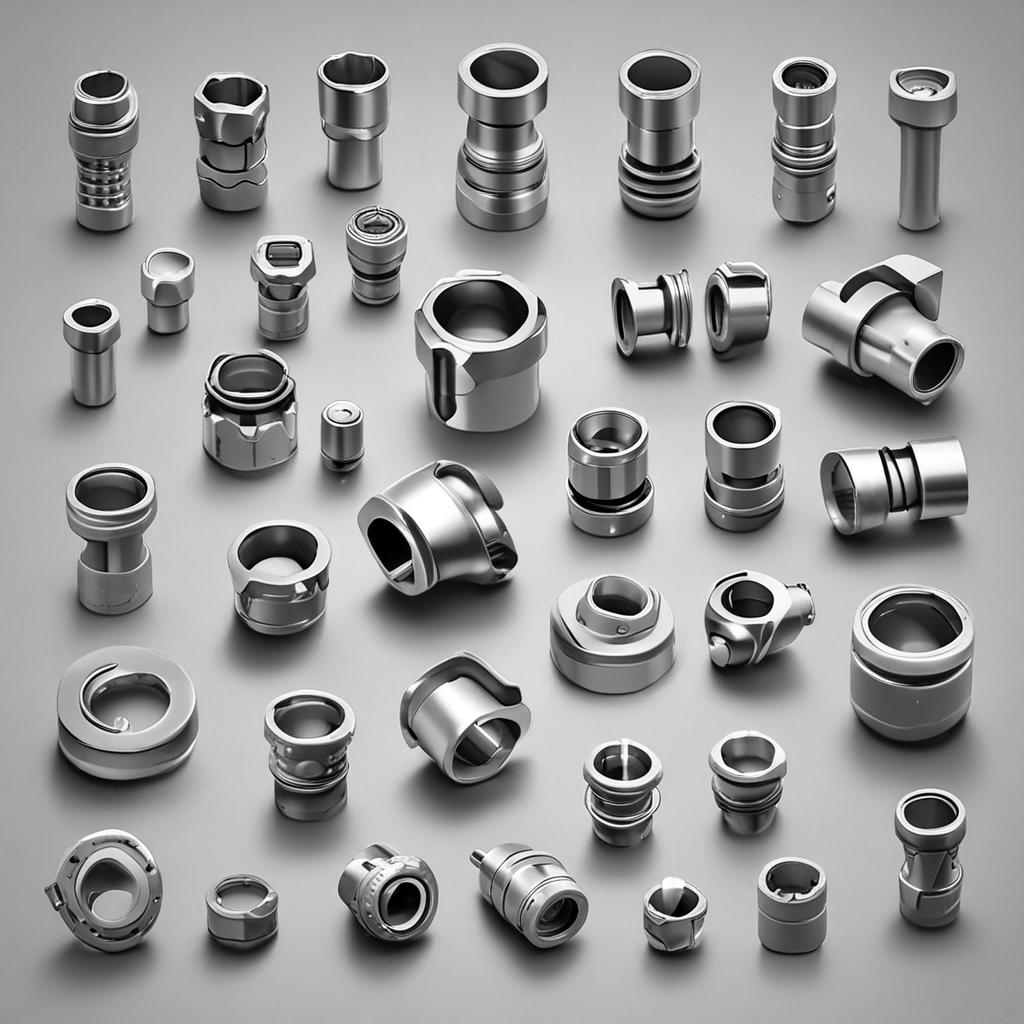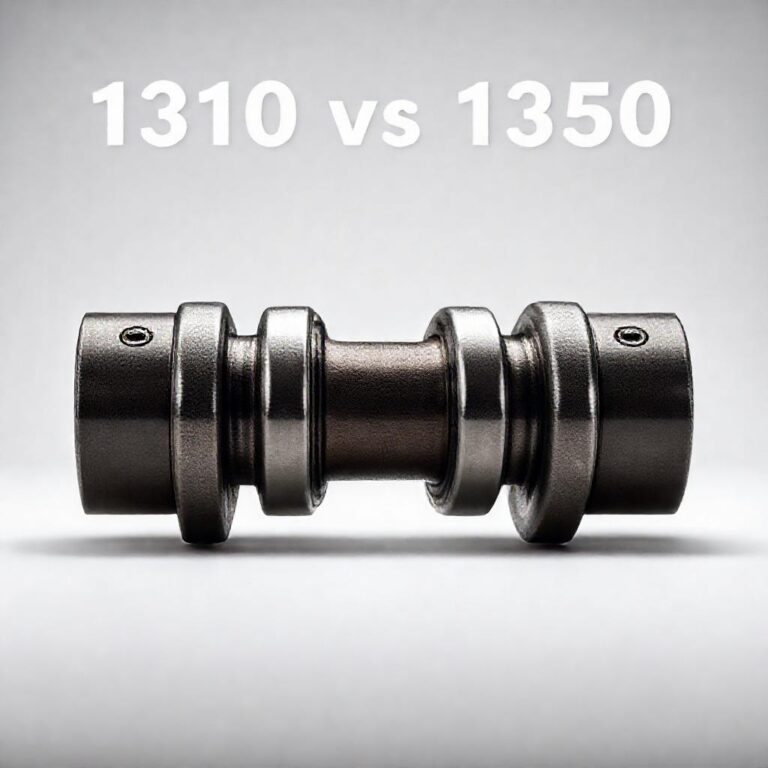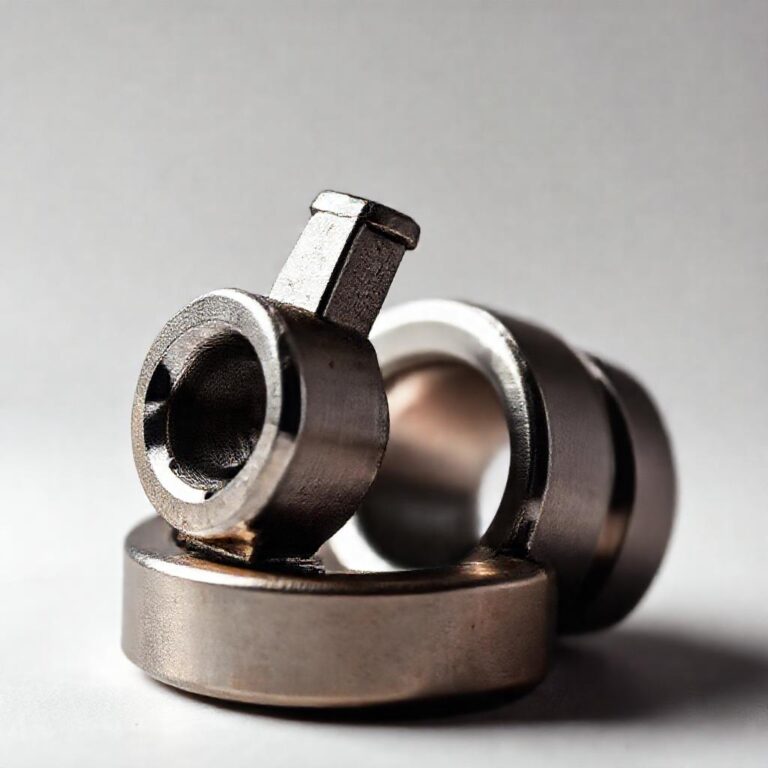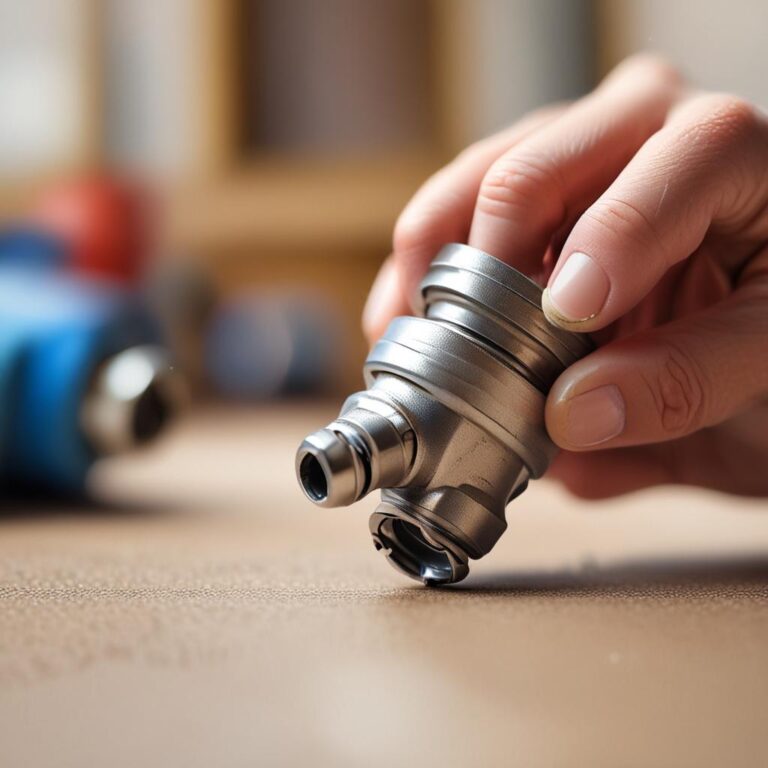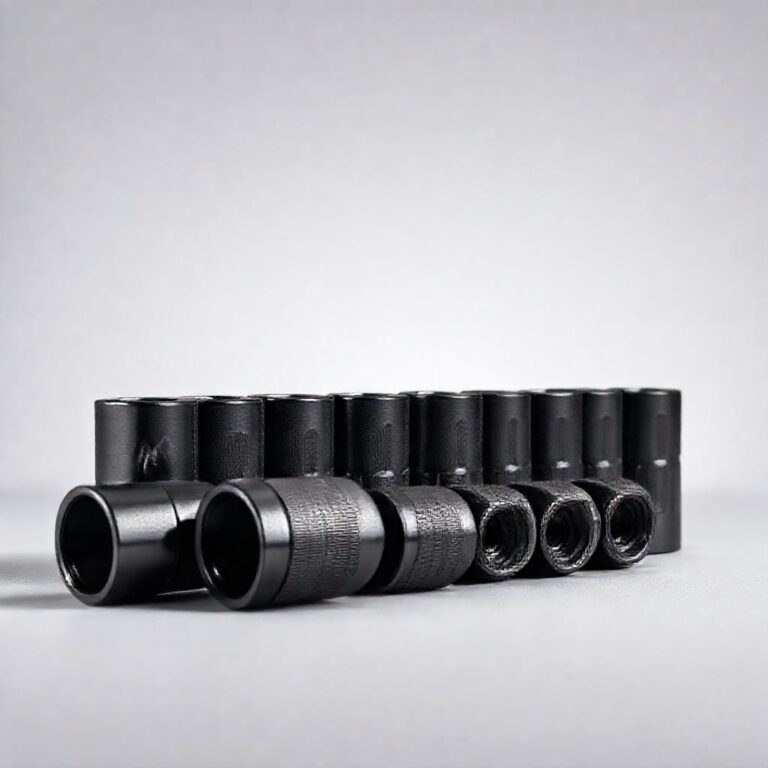12 Point Universal Joint Socket Set
When it comes to mechanical work, having the right tools can make all the difference between a smooth repair and a frustrating struggle. Socket sets are indispensable for tightening or loosening bolts and nuts efficiently, but not all sets are created equal. A 12-point universal joint socket set stands out for its ability to handle complex angles and deliver precision in high-torque situations. Whether you’re a seasoned mechanic or a DIY enthusiast, understanding how these tools work and why they matter can help you tackle jobs with confidence and avoid costly mistakes. Let’s dive into the specifics of what makes this set a must-have and how to make the most of it.
What is a 12 Point Universal Joint Socket Set?
A 12-point universal joint socket set is a specialized collection of sockets designed to fit hexagonal fasteners with ease, even at awkward angles. Unlike 6-point sockets, which require direct alignment, the 12-point design allows for multiple contact points, making it simpler to engage bolts in tight or miscalculated positions. These socket sets are particularly valuable when working on universal joints—components found in automotive drivetrains, machinery linkages, and other applications where pivoting connections are essential. Sets typically include sizes ranging from 8mm to 32mm and SAE equivalents, often with deep and shallow sockets for versatility.
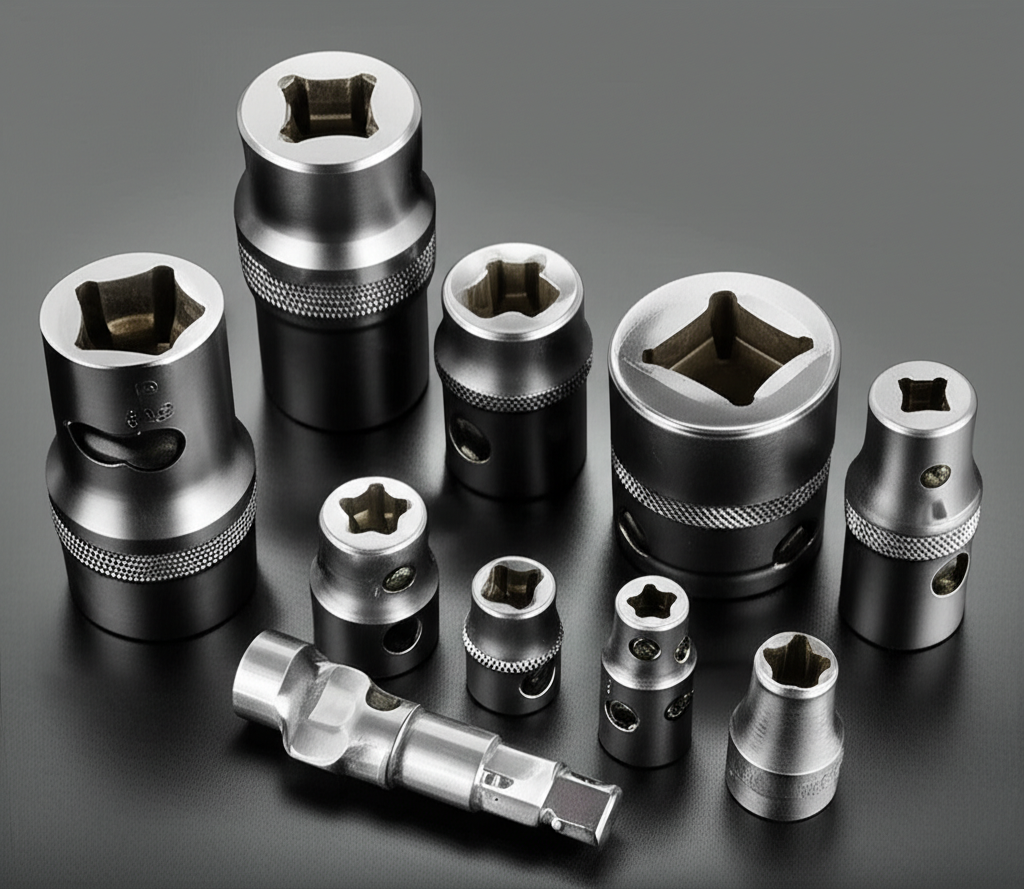
Materials and Construction
High-quality 12-point universal joint sockets are usually crafted from chrome vanadium steel, a material prized for its strength and resistance to wear. Heat-treated alloys further enhance durability, ensuring the tools withstand repeated use. Many sets feature phosphate or zinc coatings to prevent rust, making them suitable for both indoor and outdoor tasks. For heavy-duty applications, impact-grade versions are reinforced to handle the stress of power tools like air wrenches.
Why Choose a 12-Point Socket for Universal Joints?
Enhanced Torque Application
The 12-point design increases contact area between the socket and the fastener, distributing force more evenly. This minimizes slippage and allows for greater torque without risking damage to the bolt or nut. Mechanics working on universal joints, which often require significant tightening or loosening, benefit greatly from this stability.
Flexibility in Tight Spaces
Universal joints frequently hide in cramped engine compartments or machinery assemblies. A 12-point socket’s additional points let you access fasteners from nearly any angle, whereas a 6-point socket might demand perfect alignment. This adaptability saves time and reduces physical strain during challenging jobs.
Reduced Risk of Damaging Fasteners
Stripped or rounded fasteners are a common issue when using standard tools. The 12-point socket’s closer-fitting geometry applies force more evenly, preserving the integrity of the fastener. This is critical in industries where replacing parts is time-consuming or expensive.
Compatibility with Universal Joint Components
Universal joints connect rotating shafts in vehicles and machinery, requiring precise adjustments. A 12-point socket set is ideal for working on driveshaft yokes, suspension bushings, and transmission linkages, where angles and space are unpredictable.
Cost-Effectiveness for Heavy-Duty Tasks
While specialized tools for universal joints exist, they can be costly. A durable 12-point socket set offers a versatile alternative, reducing the need for multiple single-purpose accessories and paying for itself over time in both efficiency and longevity.
How to Select the Right 12 Point Universal Joint Socket Set
Size Range and Metric vs. Imperial Compatibility
Look for a set that includes a broad range of metric and SAE sizes to cover common universal joint components in automotive and industrial settings. Sets with deep sockets are also helpful for reaching bolts with extended shanks.
Key Metrics
Performance metrics for 12 Point Universal Joint Socket Set
Drive Type (3/8″, 1/2″, or 3/4″)
Drive size determines the socket’s strength and compatibility with tools. A 3/8″ drive is suitable for lighter tasks, while 1/2″ drives are standard for automotive work. For high-impact applications, choose a 3/4″ drive rated for heavy-duty use.
Quality and Brand Reputation
Opt for sockets from reputable brands that meet SAE or ISO certifications. These standards ensure the tools meet rigorous durability and performance benchmarks, reducing the risk of failure during critical repairs.

Ergonomics and Design
Features like ergonomic handles, magnetic trays, and color-coded sockets improve workflow efficiency. Non-slip grips and lightweight materials also matter, especially during prolonged use.
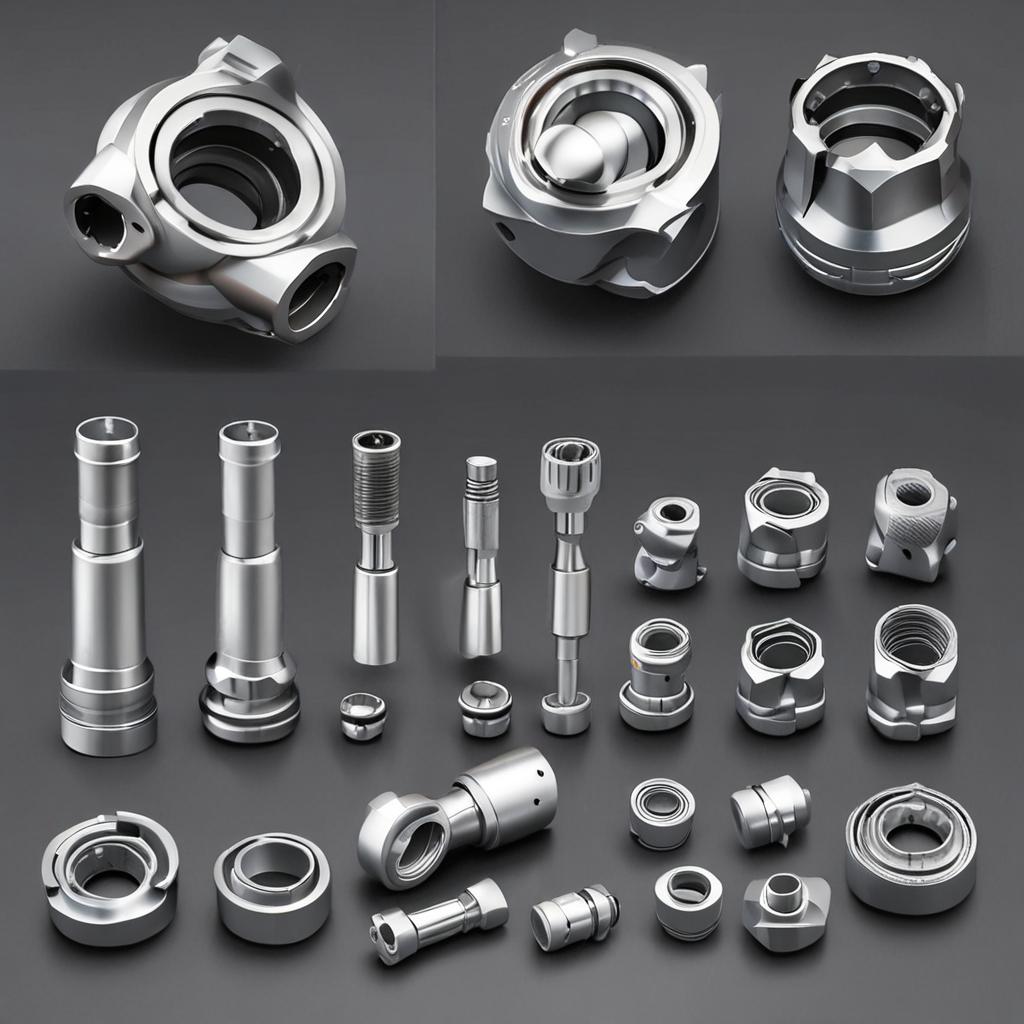
Proper Usage and Maintenance Tips
Application Techniques for Universal Joints
Align the socket by adjusting the ratchet’s swivel head to match the joint’s angle. Apply steady pressure and avoid forcing the tool to prevent misalignment, which can strip fasteners or damage the socket.
Avoiding Common Errors
Over-torquing, cross-threading, and using mismatched sizes are frequent pitfalls. Always double-check the fastener size and use a torque wrench when precision is required to avoid loosening or over-tightening.
Cleaning and Storage
After each use, clean sockets with a wire brush to remove debris and apply a light lubricant to prevent corrosion. Store them in a dry, organized case to avoid rust and misplacement, which can delay future projects.
Inspection for Wear
Regularly examine sockets for cracks, deformation, or worn teeth. A damaged socket can slip unexpectedly, leading to injury or equipment damage. Replace compromised tools immediately for safety and performance.
Product Comparison and Recommendations
12-Point vs. 6-Point Sockets
While 6-point sockets provide a tighter fit for precision tasks, 12-point variants excel in flexibility and ease of use. The trade-off is slightly reduced grip under extreme torque, but for universal joints, the 12-point’s adaptability outweighs this limitation.
Drive Type Comparison for Universal Joints
For automotive universal joints, a 1/2″ drive balances power and control. A 3/8″ drive is sufficient for smaller machinery or home projects, while 3/4″ drives are reserved for industrial-grade work with heavy impact tools.
Top 3 Socket Sets for Universal Joints (2024)
- Craftsman 12-Point Impact Socket Set: Affordable, SAE-certified, and includes both metric and imperial sizes. Ideal for general automotive repairs.
Real-World Applications
Automotive Repair
In automotive work, these sockets are essential for adjusting driveshaft universal joints, replacing suspension components, or servicing CV joints. The 12-point design allows mechanics to work around limited access in engine bays or undercarriages.
Industrial Machinery Maintenance
Heavy machinery in agriculture, construction, and manufacturing relies on universal joints for motion transfer. A 12-point socket set simplifies maintenance on equipment like tractors, conveyors, and hydraulic systems.
DIY and Home Projects
Even in home settings, universal joints appear in appliances, HVAC systems, and plumbing fixtures. For example, adjusting a washing machine’s drum assembly or securing a shed’s hinges becomes easier with a 12-point socket’s flexibility.
Conclusion
A 12-point universal joint socket set is a game-changer for anyone working with complex mechanical connections. Its superior grip, adaptability in tight spaces, and ability to minimize fastener damage make it a versatile choice across industries. By selecting the right size range, drive type, and quality brand, you ensure long-term reliability and efficiency. Investing in a high-performance set not only streamlines your workflow but also protects your equipment from unnecessary wear. Whether you’re on the job or tackling weekend projects, this tool is a smart upgrade to your toolkit.
Frequently Asked Questions (FAQ)
1. Can a 12-point socket be used for all universal joint tasks?
Yes, but verify the set includes the exact sizes needed for your specific universal joint components. Deep sockets may also be necessary for bolts with extended threads.
2. Why is a 12-point socket better than a 6-point socket for universal joints?
The 12-point design provides more contact points, reducing slippage and fastener damage. It’s particularly useful when working at non-ideal angles, which is common in universal joint assemblies.
3. What drive size is recommended for universal joint work?
A 1/2″ drive is standard for automotive universal joints, while a 3/8″ drive suits lighter-duty tasks. For industrial impact work, a 3/4″ drive offers the necessary strength.
4. How do I know if my socket set is the right material quality?
Look for “chrome vanadium steel” or “impact-grade” labels from trusted brands. Sets meeting SAE or ISO standards are a reliable indicator of quality.
5. Are 12-point universal joint socket sets compatible with impact wrenches?
Yes, but confirm the sockets are rated for impact use. Regular sockets may crack under the stress of high-torque tools, while impact-grade ones are reinforced to prevent failure.

